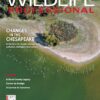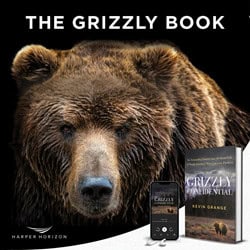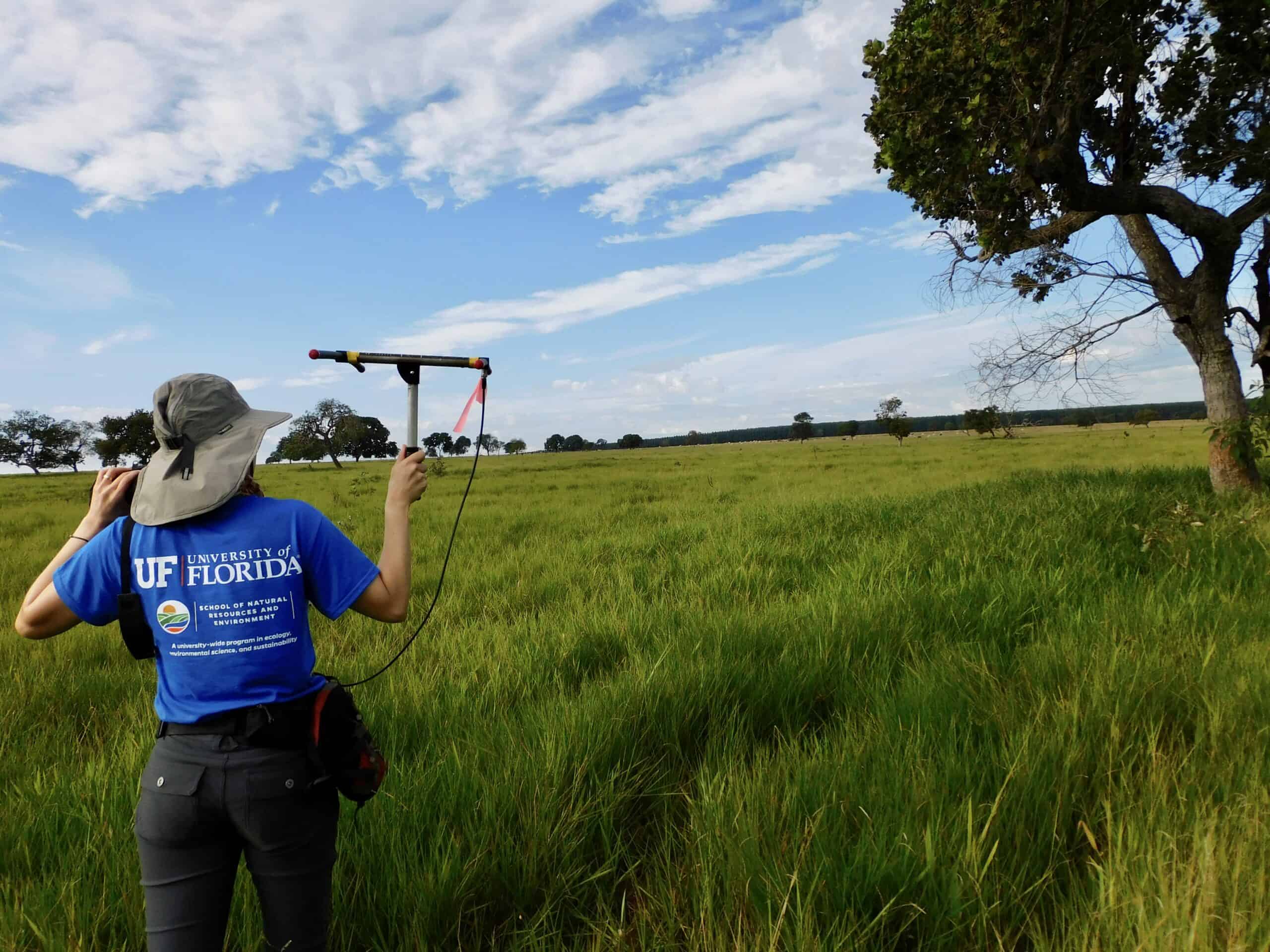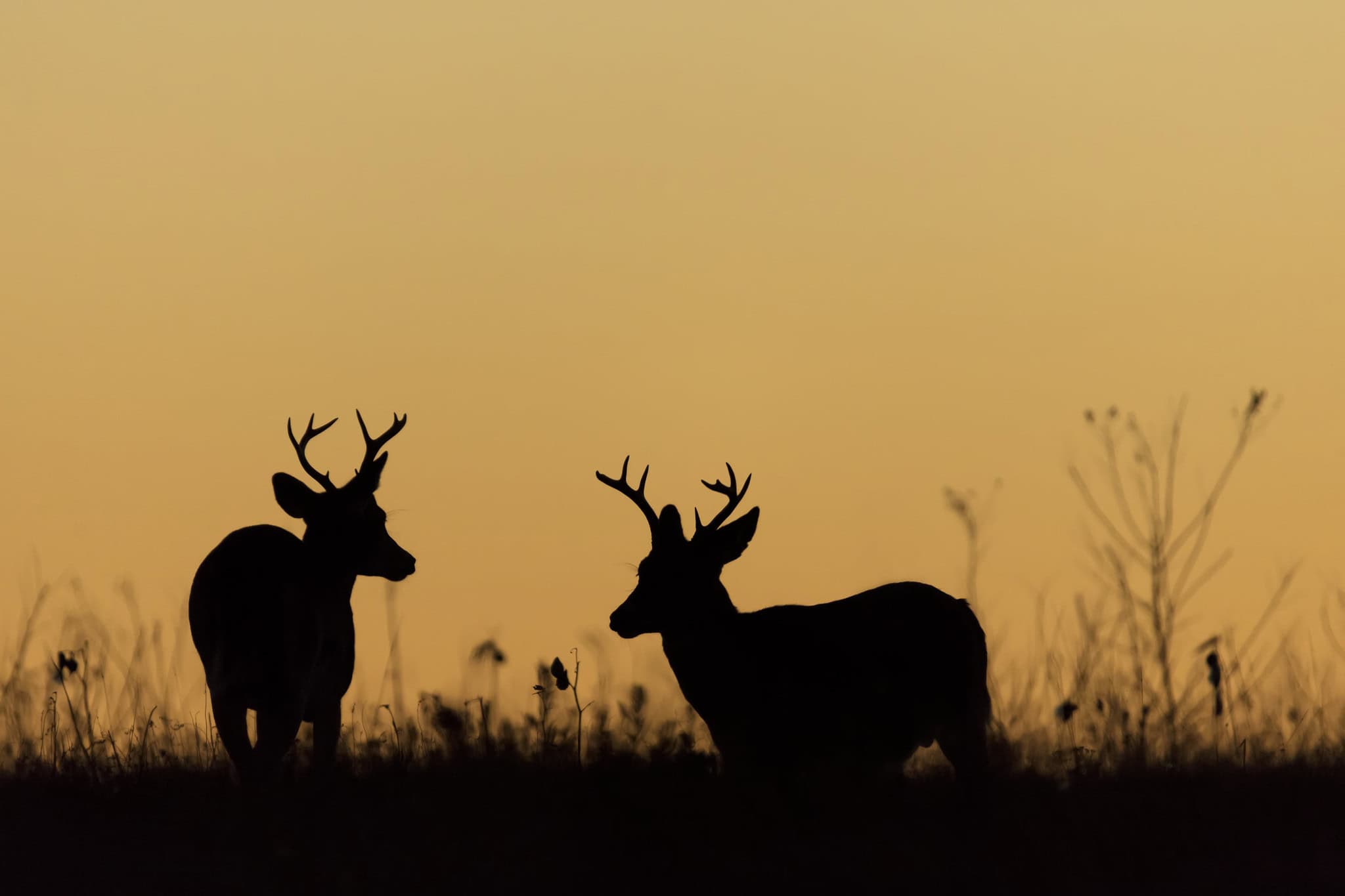Share this article
TWS Position Statement: Hunting
Back to Position Statements page
Hunting co-evolved with the needs and cultures of humankind. Archaeological and historical evidence indicates that earlier cultures hunted and relied on wild animals for subsistence and some cultures continue to depend on wildlife for both partial and primary subsistence. As skills in animal husbandry and agriculture were acquired, dependence on hunting for subsistence decreased in most North American cultures. Today hunting has many social values, including recreation, subsistence, heritage, utilization of the harvestable surplus to benefit people, and control of overabundant wildlife populations. Sociologists have documented that hunting provides deep, central life meanings for many participants and their families and, in many cases, core identities to social, conservation, and cultural groups throughout the world. Among themes that have been identified are a historical connection to a time they value, an honest relationship with nature, and pursuit of the ideal of self-reliance. Further, hunting often elicits a deep passion among participants that transcends gender, race, and socioeconomic class. Additionally, outdoor pursuits such as hunting help teach valuable lessons in ethics and responsibility and help participants develop a conservation and land ethic. These important values often extend beyond participants to families, friends, and acquaintances.
A hunter’s deep personal interest in wildlife resources has provided the keystone to modern wildlife management, the North American Model of Wildlife Conservation. The sales of hunting and fishing licenses, stamps, permits, and the U.S. federal excise tax or other taxes on firearms and ammunition paid by the hunting and shooting public has provided the most important continuing funding source for wildlife research and for acquisition and management of public lands for wildlife. Hunters and shooters have directly and indirectly financed many major programs in wildlife conservation, benefitting both game and non-game species.
Most wild animals produce sufficient young to create populations greater than their habitats can support. Mortality factors, such as natural death, hunting, and other human caused mortality like vehicle collisions, usually act to regulate population numbers so they align with the limits of the habitat. If this did not occur, growing populations would degrade their habitat, which would lower the capacity of the land to support healthy populations and could affect habitat for other species.
Professional wildlife biologists are charged with the responsibility of managing wildlife populations in a scientific, sustainable, and socially acceptable manner. Hunting, when based on biological information and properly regulated, can be used effectively to help meet this responsibility. In addition, hunting regulated through licenses, stamps, permits, and taxes provides the major source of financing for habitat acquisition and improvement, research, and management programs for all wildlife, both game and non-game.
The policy of The Wildlife Society in regard to hunting is to:
- Endorse the principle that hunting, when properly regulated following biological principles, is an appropriate means of managing wildlife populations.
- Encourage decision makers to weigh the biological, societal, cultural, and economic considerations when making decisions on hunting and the welfare of wildlife.
- Encourage hunter education programs that allow hunters to increase their knowledge of wildlife ecology and management and to emphasize hunter ethics and responsibilities.
- Support greater education of the public about the biological, ecological, cultural, and economic necessity of regulated hunting to the conservation and integrity of natural resources.
- Support access management that provides for appropriate opportunities for hunting and other compatible uses in a manner consistent with the North American Model of Wildlife Conservation.
Approved by Council November 2017.








